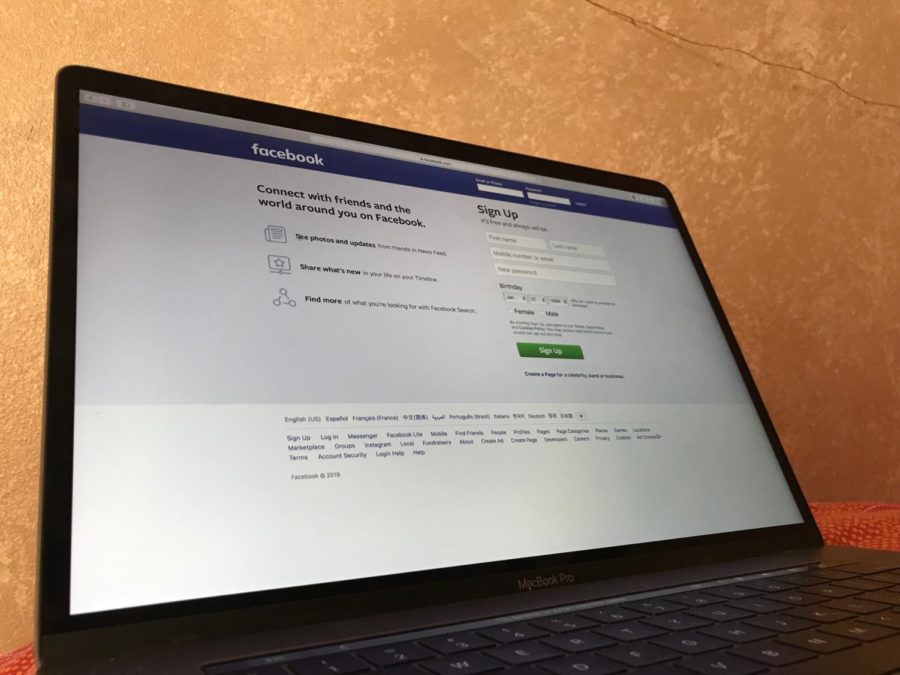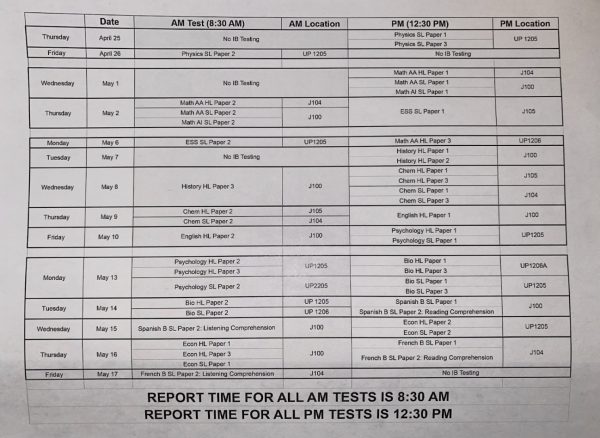WORLDWIDE ‘MEME BAN’ THREATENS STUDENT ENTERTAINMENT
Article Thirteen transforms the way users interact with the Internet.
February 11, 2019
Currently, we live in a period of history known as the Information Age. Starting from the 1970s, the Information Age is marked by the rapid advancements in computers and information technology. These advancements allow for more accessibility to resources used daily: namely, the internet. From the United States alone, there are an estimated 312 million internet users, with an additional 435 million in the European Union (EU). However, internet users and their content are potentially at risk due to a new proposed copyright law in the EU.
In June 2018, the law was proposed to create a new, stricter, copyright system which gives publishers direct copyright over their publications, unlike the prior system which required proof of ownership. Furthermore, the law requires websites who host content posted by users, like Facebook or Reddit, to take measures to prevent unauthorized postings of copyrighted content, or they will be liable for the users’ actions.
The responsibility of taking action is being placed in the hands of these platforms. There are many responses to these potential new issues. Most likely websites like Youtube will have to place filters on their European users. To keep it fair, it is probable that filters will have to be placed on all users.
The idea of censorship has always been a hot-button issue in the United States, but Article Thirteen makes it a worldwide problem. The law has become known as a “meme ban,” named after the popular cultural phenomenons that are widely shared and recognized amongst the online community. Memes are mainly comprised of pictures and videos collected organically from across the internet. With the new system, most sources of pictures and videos for memes are now subject to copyright.
In other words, students who use the Internet to create content for fun are being threatened by the new law. Something as simple as creating a meme based on clips from a TV show could open teens to potential consequences.
“If I want to post a meme, I should be allowed to. It’s not fair if creators get censored for making a funny post on the Internet,” said junior Ryan Cherian.
This entire situation can be compared to another recent issue regarding digital information: net neutrality. Net neutrality is the idea that Internet service providers like AT&T or Verizon to treat all content flowing through their cables and cell towers equally. What this means is that your ISP cannot place filters on what content you view online. Repealed in June of 2018, the United State’s repeal of net neutrality is the closest example to what the EU is going through.
“I remember the whole fuss last year about net neutrality. Everybody on the internet was fighting and I see that now with this whole Article 13. I know the effect of net neutrality being repealed and this seems worse,” said senior Mark Friedman.
Article 13 ultimately determines the fate of the Internet, starting with students Seminole and their prime source of entertainment.



































